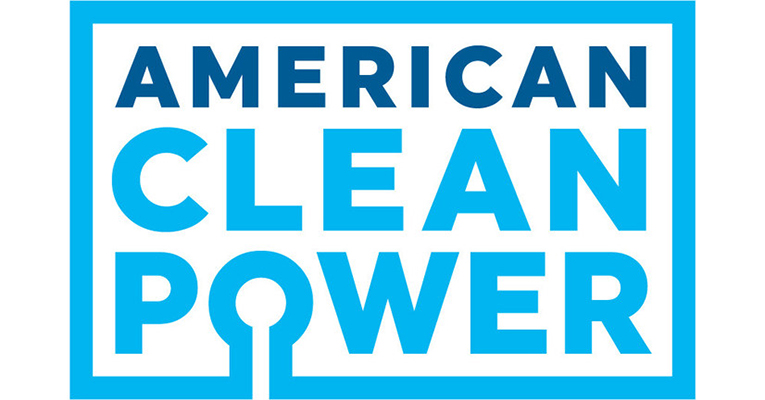Today, the American Clean Power Association (ACP) released a statement regarding the Senate’s mark-up of the Energy Infrastructure Act. According to the organization, this bipartisan passage was a positive one. Particularly since it puts the nation on a path to reaching the Biden Administration’s climate goals.
Read more of our news content, here; AVANGRID signs Project Labor Agreement for Vineyard Wind 1
Accordingly, Heather Zichal, CEO of American Clean Power Association (ACP), wrote in a statement to the Senate Energy and Natural Resources Committee; “The American Clean Power Association (ACP) applauds the Senate Energy and Natural Resources Committee’s passage of the bipartisan Energy Infrastructure Act; which in fact, included several transmission planning and siting provisions. Those will particularly help deploy renewable energy and energy storage.”
About the Statement – ACP
Thus, “ACP commends Chairman Manchin’s recognition of the need to invest in expanding transmission capabilities,” the organization continued. Therefore, we look forward to working with the ChairmanChairman and others to help make these policies a reality. Particularly “to make the electricity grid cleaner and more reliable. Also, to help put the nation on a path to reaching the Biden Administration’s climate goals.”
Worth noting, American Clean Power currently represents the renewable energy industry in the United States. Accordingly, it brings together over 1,000 member companies, 120,000 members, and a national workforce located across all 50 states.
Therefore, by uniting the power of wind, solar, storage, and transmission companies and their allied industries; the organization enables the transformation of the U.S. power grid to a low-cost, reliable and renewable power system.
About the passage
Indeed, a U.S. Senate committee on Wednesday passed a bill on climate and energy initiatives. Thus, this bill could be debated as part of the broader bipartisan infrastructure bill.
In this sense, the Senate energy panel voted 13 to 7 to pass the bill, which authorizes about $100 billion for initiatives; for instance, helping the power grid handle more electricity from renewable sources; boosting production of hydrogen from sources that are cleaner than fossil fuels; and also, capturing carbon from fossil fuel plants and other industry before it can reach the atmosphere.
Particularly, Senator Joe Manchin sponsored the bill. Particularly, Mr. Manchin is a Democrat and the ChairmanChairman of the committee. This bill also includes initiatives to boost nuclear power.
However, the senior Republican on the committee, Senator John Barrasso of the top coal-producing state of Wyoming, voted against the legislation. Accordingly, he said it does not increase domestic mining for critical minerals used in everything from cell phones to renewable energy.
As he recalled, China is the top producer of many of those minerals. So, Barrasso said he would continue to work on measures in the bill.
Reinforcing the Biden administration’s efforts towards decarbonization
On the other hand, Manchin thanked Barrasso and other Republicans for working on items they agreed on and not blocking the bill from passing; for instance, including the funding for cleaning up abandoned coal mines and oil and gas wells.
Worth noting, a moderate environmental group praised the energy panel’s advancement of the bill. Thus, Lindsey Baxter Griffith, director of federal policy at Clean Air Task Force, commented; “Indeed, there is plenty of work still to do to enact strong climate policies in this Congress; but this is a vital piece of the puzzle.”
Lastly, the proposal, which will likely need all 50 Senate Democrats to pass, includes a Clean Energy Standard (CES). This proposal particularly aims to help Biden reach a goal of achieving 80% clean electricity by 2030; meanwhile, the administration will look to advance environmental justice at the same time.
In this way, a CES would set gradually rising targets for the power industry to cut emissions; principally, by adopting wind and solar, using nuclear energy, or carbon capture. The measure also includes a new standard for reductions of methane and fees on imports of goods that create large emissions.


